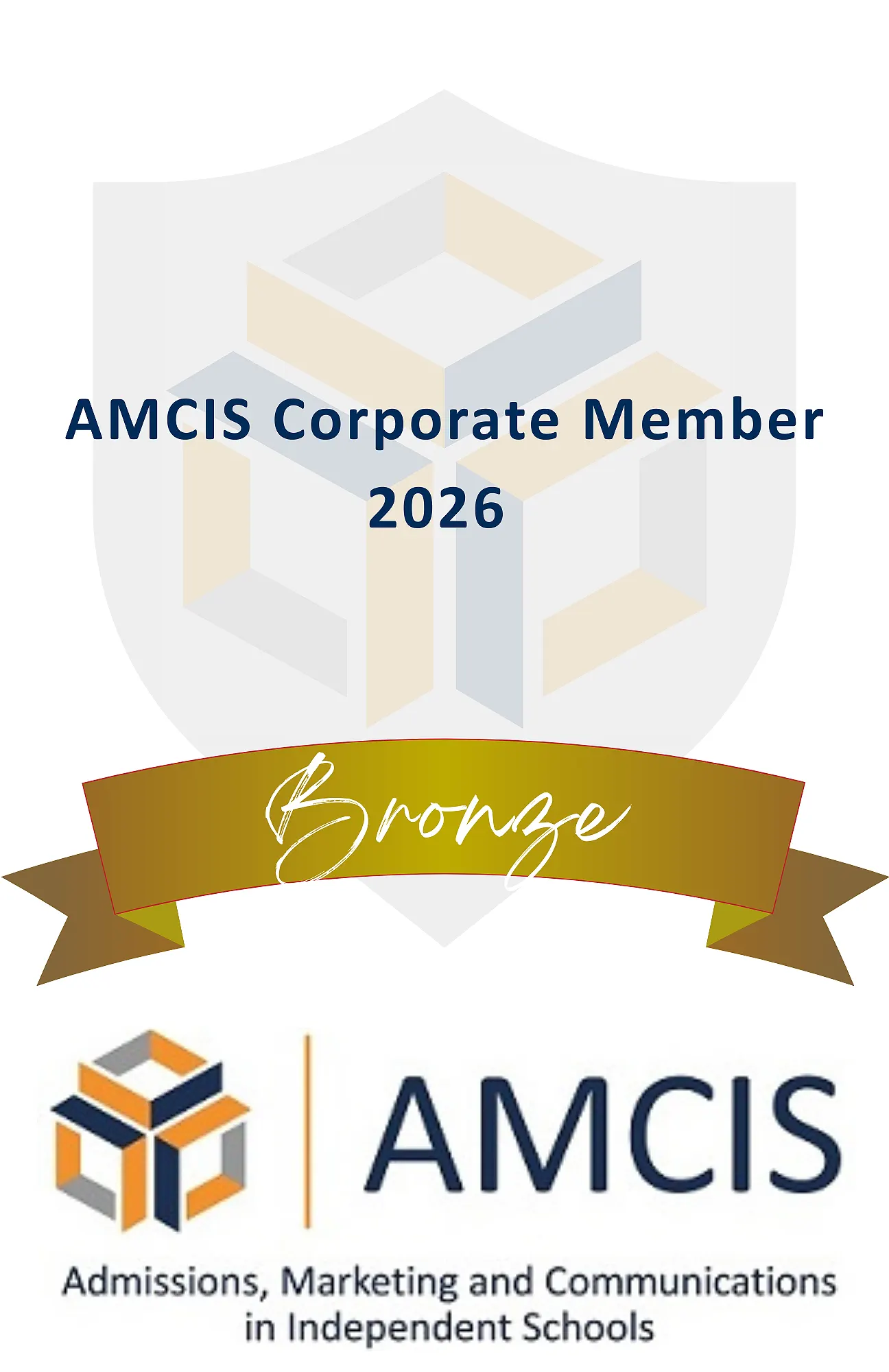
Edition 26, Part 1
Part 1: Why attribution is broken for education marketers in 2025
🔥 Psst... (Ed)vertise now drops bi-weekly.
Ello again, education marketer.
The sun is setting at 4pm again and you better believe that we’re not letting a little daylight savings slow us down. This is exactly when teams lose momentum. Which is why we do the opposite. At Pink Orange, we wrap the year by December 20 😴 so our team can actually rest and recharge before the craziness begins all over again. But that also means we’re already working on campaign strategies that will be implemented as soon as the first week of 2026.
One of the key issues to solve for a successful campaign strategy is marketing attribution. Something that we find is often broken in education marketing.

We’re in a world of:
- Apple’s App Tracking Framework
- VPNs hiding location data
- Dark traffic from WhatsApp groups and agent emails
- Social platforms pushing zero-click content that never leaves the app
GDPR-crippled analytics that show less while demanding more
And then you’re asked: Which ad worked? Which channels are driving enrollments? Why can’t we see the full student journey in our CRM?
Our latest blog offers clarity, not by oversimplifying, but by showing what you can track and how to build attribution that reflects what your students actually do.
What your team should know about attribution in 2025
What we cover in the blog:
- Why last-click and first-touch models are outdated in HE
- The rise of zero-click content (and why it matters)
- The problem with tracking "organic" traffic that isn’t really organic
- How one micro-credential provider rebuilt their attribution approach with our help
<div class="pink-colored-link">Read the blog:</div> Why attribution is broken for education marketers in 2025
Africa vs the Middle East: Attribution is not one-size-fits-all
Student behavior isn’t just personal; it’s cultural, regional, and technical.
Here’s what that looks like for different markets.
Africa:
- Search-first: 43% of students found their uni through Google
- Facebook > TikTok for university discovery (49% vs 6%)
- Email is preferred, but instant messaging is rising
- High expectation for fast replies: 46.3% expect response in under 24 hours
Middle East:
- Email still dominates at 71%, but video and IM are close behind
- WhatsApp is a critical infrastructure in the Middle East, with 85.8% adoption in the UAE and 87% in KSA.
- Facebook holds 80%+ market share in the UAE
- Expectations are even stricter: 54.2% want a reply within 24 hours, 30% faster
So while you can expect more dark traffic from peer shares in African markets, Middle East audiences may click through emails but convert offline (calls, in-person).
That’s why your CRM must be region-aware if it’s going to reflect reality. That was all for today, folks. Let us know how we did by simply replying to this email.
<a href="https://www.pink-orange.co.uk/speak-with-education-marketing-experts" class="finsweet-edvertise-cta" target=“_blank”> 🔗 Book a strategy session</a>
Until next time,
Your friends in education marketing
Jayde & Ridhima
vertise%20-%20jayde%20-%20author%20image.png)
vertise%20-%20Ridhima%20-%20author%20image.png)






